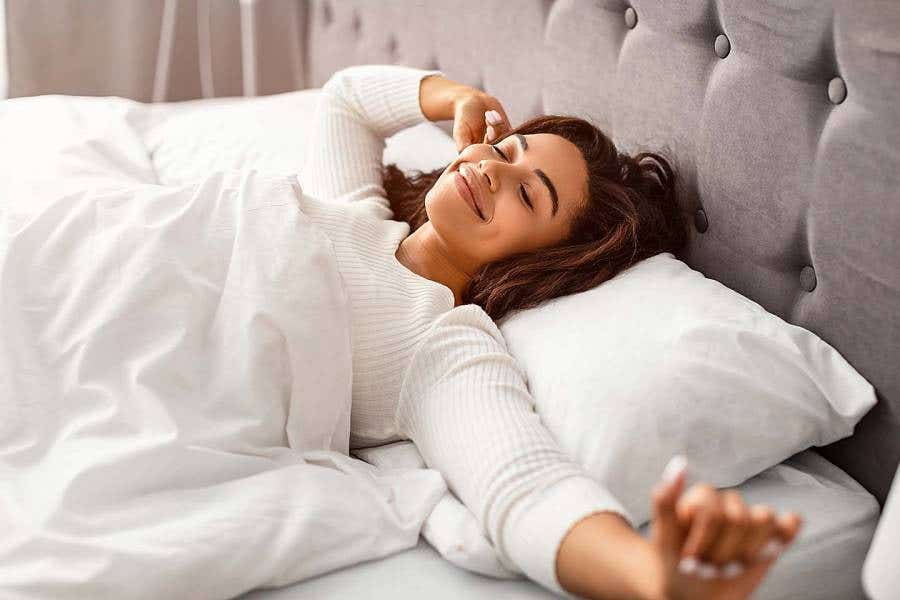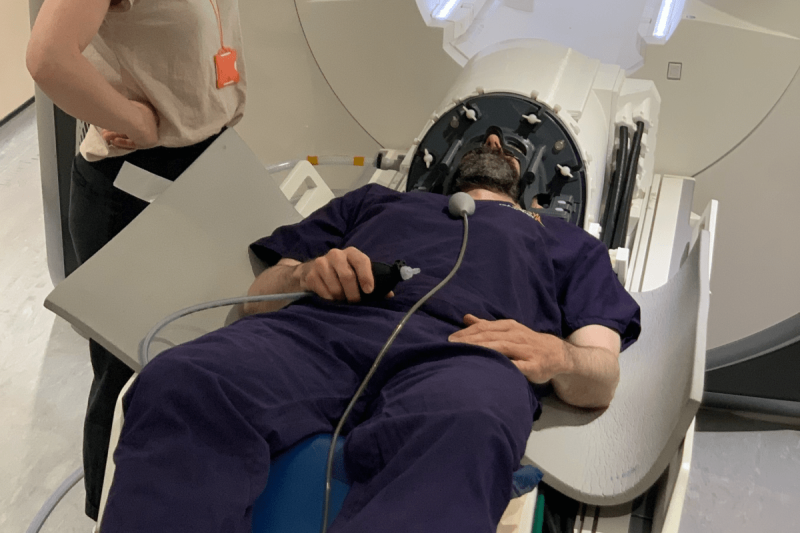Breakthrough study links better sleep to reduced loneliness
Better sleep health is linked to lower levels of loneliness, with this connection being more pronounced among younger adults.

A new study has found that better sleep health is linked to lower levels of loneliness, with this connection being more pronounced among younger adults.
The research shows that improved sleep health is significantly associated with reduced overall loneliness, as well as emotional and social loneliness. While the link between better sleep and reduced total and emotional loneliness was observed across all ages, it was notably stronger for younger adults. However, age did not influence the connection between sleep health and social loneliness.
"Loneliness is an urgent public health crisis, and there is a pressing need for providers to better understand and treat it," said lead author and principal investigator Joseph Dzierzewski, PhD, vice president of research at the National Sleep Foundation in Washington, D.C. "Our results highlight the important role that sleep plays in understanding loneliness across the adult lifespan. Perhaps efforts to improve sleep health could have a beneficial effect on loneliness, especially for young people."
The American Academy of Sleep Medicine (AASM) emphasizes that sleep is essential for health. Both the AASM and the Sleep Research Society recommend that adults get seven hours of sleep per night on a regular basis to promote optimal health, productivity, and daytime alertness.
The study involved 2,297 adults with an average age of 44 years, of which 51% were male. Participants completed an online sleep health questionnaire and loneliness scale. The researchers analyzed the results using correlation, linear regression, and moderation analyses.
In 2023, an advisory from the U.S. surgeon general highlighted a public health crisis of loneliness, isolation, and lack of connection. It noted that even before the COVID-19 pandemic, about half of U.S. adults reported experiencing measurable levels of loneliness.
Related Stories
The authors suggest that efforts and programs aiming to reduce loneliness should emphasize promoting sleep health, especially among younger adults.
"Why younger adults might experience more sleep-related benefits to loneliness than older adults is unknown and intriguing — certainly worth further investigation," Dzierzewski said.
The research abstract was recently published in an online supplement of the journal Sleep. SLEEP is the annual meeting of the Associated Professional Sleep Societies, a collaboration between the American Academy of Sleep Medicine and the Sleep Research Society.
Tips for Better Sleep
Good sleep habits (sometimes referred to as “sleep hygiene”) can help you get a good night’s sleep.
Some habits that can improve your sleep health:
Be consistent. Go to bed at the same time each night and get up at the same time each morning, including on the weekends
Make sure your bedroom is quiet, dark, relaxing, and at a comfortable temperature
Remove electronic devices, such as TVs, computers, and smart phones, from the bedroom
Avoid large meals, caffeine, and alcohol before bedtime
Get some exercise. Being physically active during the day can help you fall asleep more easily at night.
For more information on sleep education, check out the resources here: http://www.sleepeducation.org/essentials-in-sleep/healthy-sleep-habits
For more science news stories check out our New Discoveries section at The Brighter Side of News.
Note: Materials provided above by The Brighter Side of News. Content may be edited for style and length.
Like these kind of feel good stories? Get the Brighter Side of News' newsletter.



